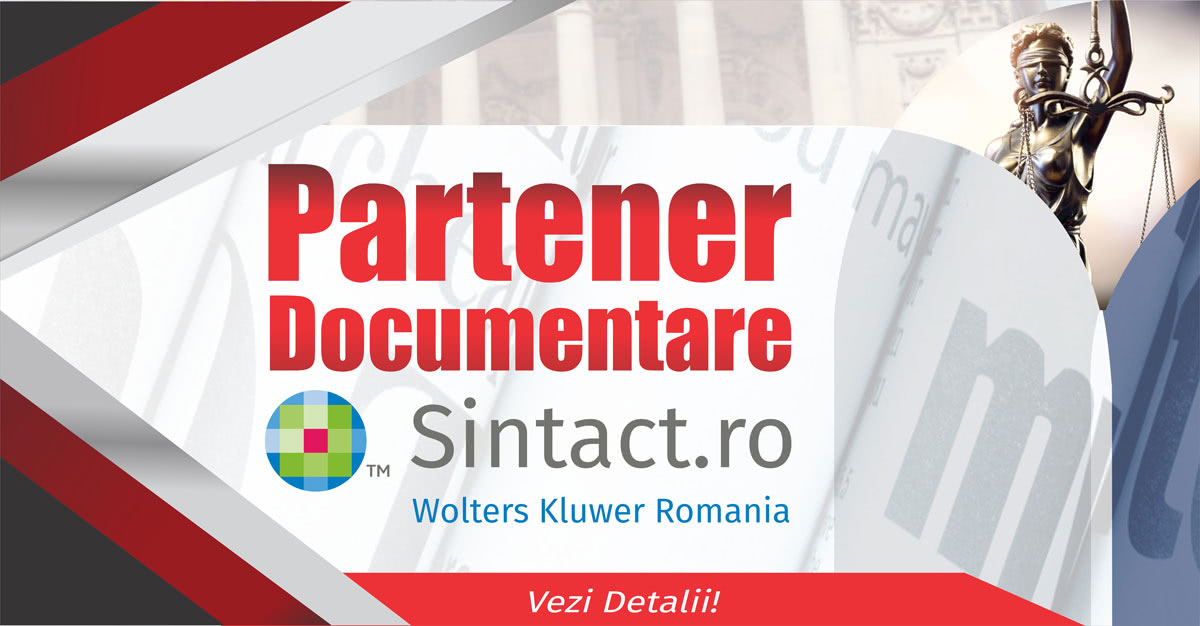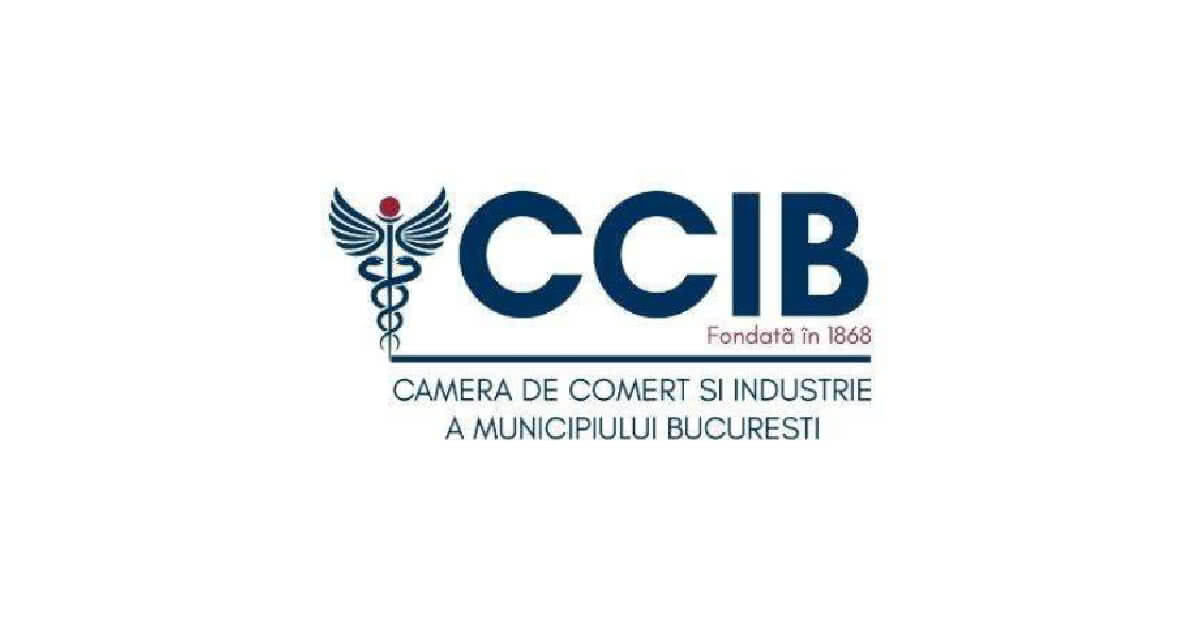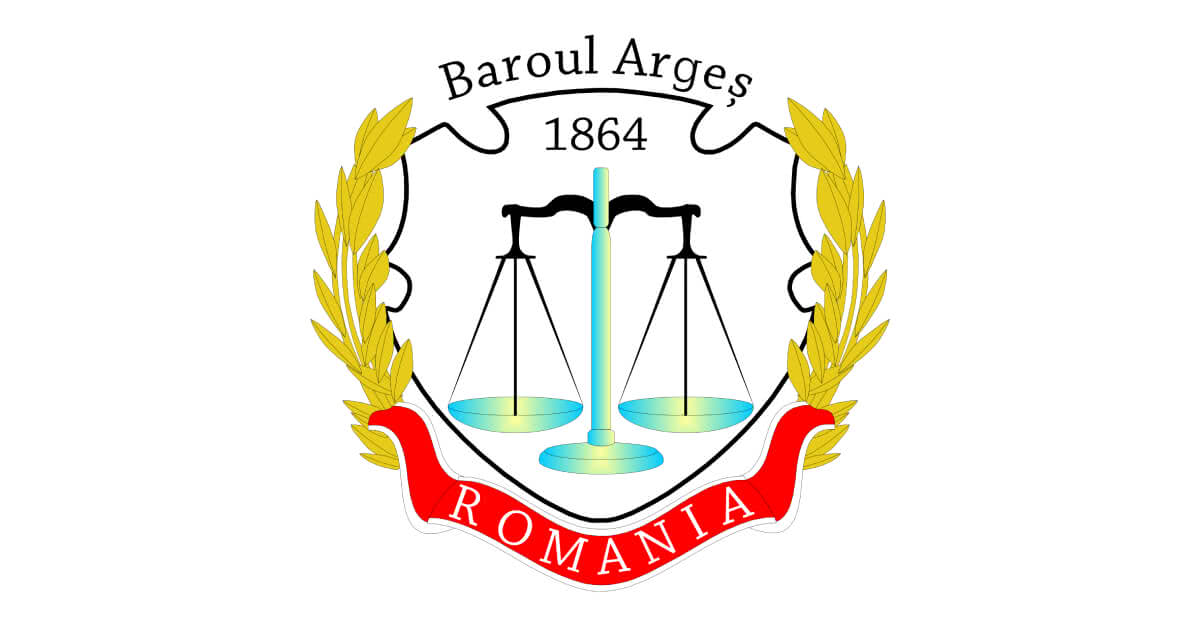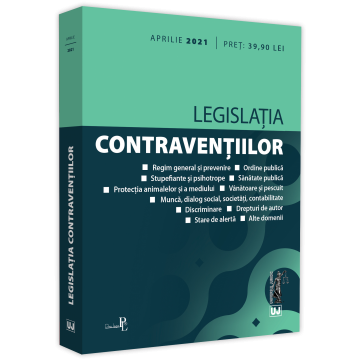International cooperation in the field of insolvency. A judicial perspective
Universuljuridic.ro PREMIUM
Aici găsiți informaţiile necesare desfăşurării activităţii dvs. profesionale.
Universuljuridic.ro PREMIUM pune la dispoziția profesioniștilor lumii juridice un prețios instrument de pregătire profesională. Oferim un volum vast de conținut: articole, editoriale, opinii, jurisprudență și legislație comentată, acoperind toate domeniile și materiile de drept. Clar, concis, abordăm eficient problematicile actuale, răspunzând scenariilor de activitate din lumea reală, în care practicienii activează.
Testează ACUM beneficiile Universuljuridic.ro PREMIUM prin intermediul abonamentului GRATUIT pentru 7 zile!
4.2. In relation to EU member states
4.2.1. The scope of the Regulation (EU) 2015/848
Analysing the scope of the EU Recast Regulation, the main observation is its broader applicability to many insolvency proceedings. The new article 1 establishes that the EU Regulation applies to „public collective proceedings, which are based on a law relating to insolvency, and in which for the purpose of rescue, adjustment of debt, reorganisation or liquidation, (a) the debtor is totally or partially divested of its assets and an insolvency practitioner is appointed, (b) the assets and affairs of a debtor are subject to control or supervision by a court, (c) a temporary stay of individual enforcement proceedings is granted (…)”. According to article 1 (1) of the EU Regulation and in interpretation of Eurofood CEJ decision[14], the insolvency proceedings must present four features: „collective proceedings, based on the debtor’s insolvency, which entail at least partial divestment of that debtor and prompt the appointment of a liquidator”.
Article 2 (4) defines „insolvency proceedings” as „the proceedings listed in Annex A”; and according to Recital 10, proceedings listed in Annex A „which meet the conditions set out in it”. So, the term „insolvency proceedings” refers to the proceedings which satisfy the conditions mentioned in article 1 (1). The EU orientation, based on real trends and developments in the member states, tends to the extension of the Regulation’s scope to pre-insolvency and hybrid proceedings[15].
The Insolvency Regulation has intra-community effects; it does not apply to insolvency proceedings opened in third countries, even if there are assets in a member state or procedural effects occurring in a member state.
4.2.2. Conditions
First condition: proceedings „based on laws relating to insolvency (…) for the purpose of rescue, adjustment of debt, reorganisation or liquidation”;
Article 1 (1) covers the situations related to debtor’s insolvability and those where there is only „a likelihood of insolvency”. Some observations should be made. First, no definition of insolvency or likelihood of insolvency appears in the Recast Regulation. Consequently, the insolvency test depends on the national provisions and may be different from states to states. The most used criteria for the insolvency are the cessation of payments test and the balance sheet test. The notion „likelihood of insolvency”, defined as crisis, distress, imminent insolvency[16] include not only financial difficulties, but also non-financial problems, both covered by the Recast Regulation. Recital 17 provides necessary elements: difficulties have to represent „real and serious threat to the debtor’s actual or future ability to pay” to a period of several months or even longer.
Proceedings covered by EIR-R are „based on laws relating to insolvency”, meaning they have „the purpose of rescue, adjustment of debt, reorganisation or liquidation”. Recital 16 of the Preamble states that the Regulation should apply to procedures based on insolvency law. Consequently, procedures based on general company law, which is not designed solely for insolvency, should not be grounded on insolvency law.
Pre-insolvency and hybrid procedures in a cross-border context understood as confidential mechanisms of negotiation between debtor and a part of its creditors for an agreement on refinancing, usually do not fall within the scope of the insolvency legislation, because of their contractual and undisclosed nature.
In relation to interim proceedings, Recital 15 of the Preamble states that the Regulation should also apply to proceedings which, under the law of some member states, are open and are being carried out for a certain period of time on an interim or provisional basis until the court has given its ruling. Although they are considered „interim”, such procedures should meet all other requirements of this Regulation.
Second condition: proceedings should be „public”, in order „to allow creditors to become aware of the proceedings and to lodge their claims, thereby ensuring the collective nature of the proceedings, and in order to give creditors the opportunity to challenge the jurisdiction of the court which has opened the proceedings” ( Recital 12). According to Recital 13, „insolvency proceedings which are confidential should be excluded from the scope of this Regulation”. The purpose of confidentiality is the prevention of negative effects of the insolvency stigma. The motive of the exclusion is that confidentiality determines the impossibility for foreign creditors and courts to know about these proceedings.
Third condition: collective procedure. Article 2 (1) establishes that collective proceedings are „proceedings which include all or a significant part of a debtor’s creditors, provided that, in the latter case, the proceedings do not affect the claims of creditors which are not involved in them”. Clarifications appear in Recital 14.
Fourth condition: „which entail interference or upon the individual rights of the debtor and/or its creditors”[17]. Some examples of interference were revealed in the doctrine: the divestment of the debtor; the appointment of an insolvency practitioner; the control and supervision of a court; a temporary moratorium[18].
Fifth condition: procedures which may leave the debtor in possession. Article 2 (3) of the EIR-R defines the debtor in possession proceedings.
4.2.3. Questions
Do we need a definition of insolvency in the Recast?
The problem was analysed before and after the Recast. Even the question received a majority of affirmative answers, it seems that uniform definition of insolvency is fundamentally linked to the creation of a harmonized framework of substantive insolvency law, with the explanation that „EIR-R is not conceived to encourage harmonization, and in any case harmonization would be encouraged in a worse manner than a directive”[19]. Two reasons were revealed as explanation to this opinion: first, the insolvency is not a condition for the inclusion of proceedings within the Recast, because of the pre-insolvency proceedings; second, even if a common definition would be provided by the EIR, different interpretations in member states are also possible.
Is it a liquidity test necessary?
The observation that the Recast expresses the preference for the liquidity test is based on Recital 17 according to which non-financial difficulties are relevant when they represent a real and serious threat to „the debtor’s actual or future ability to pay its debts as they fall due”. Some concerns are related to the possibility to prejudice the creditors’ rights or to the risk of abuse, because of the general nature of the term „nonfinancial difficulty”.
The recommendation is that the Regulation’s scope should extend to proceedings where the debtor faces non-financial difficulties (e.g. the loss of a contract of key importance to it). The Regulation does not provide for specific rules, but proceedings opened in these situations should fall under the general category of pre-insolvency proceedings. Therefore, the recommendation is that „proceedings triggered by non-financial difficulties should be considered to raise the same issues as proceedings triggered by financial difficulties”[20]. A recommendation for practical evaluation of nonfinancial relevant difficulty in concrete cases is important to be described: the capability to generate real and serious concern that debtor is not able to pay its debts as fall due; the test is not far from the test made in other pre-insolvency proceedings.
Can be established the COMI for pre-insolvency proceedings?
There is no difference in article 3 between insolvency and pre-insolvency proceedings for the COMI presumption. Consequently, all the rules related to the COMI presumptions and the possibility to rebut them, are applicable.
4.2.4. Jurisdiction to open main proceeding
The Recast Regulation contains provisions to establish jurisdiction for insolvency proceedings and the applicable law. According to the Recast provisions, the member state where the debtor has its centre of main interests (COMI) has jurisdiction for the main insolvency proceeding, and the opening of a secondary proceeding is linked to the concept of „establishment”. Related to the jurisdiction, important issues are generated by the „forum shopping” and its consequences.
The principle promoted by the Recast Regulation is the modified universalism, or „Euro universalism”[21]. In the application of universalism principle, cross-border insolvency proceedings have to be controlled and administered by a single proceeding, under the law of the state where it commences, and the protection of local creditors may be possible under the umbrella of secondary proceedings. For example, if a company has assets in Germany and Romania, and the main proceeding is opened in Germany, the proceedings apply also to assets situated in Romania, except for a secondary proceeding possible to be opened in Romania with territorial purpose[22].
The Regulation establishes jurisdiction to open main insolvency proceeding to the member state where it is the debtor’s centre of main interests (COMI). The centre of main interests shall be the place where the debtor conducts the administration of his interests on a regular basis and which is ascertainable by third parties. COMI is seen as „the centrepiece of the Regulation”[23] and a cause for different judicial interpretations.
In the case of a company or legal person, the place of the registered office shall be presumed to be the COMI in the absence of proof to the contrary. This presumption shall only apply if the registered office has not been moved to another member state within a period of 3 months prior to the request for the opening of insolvency proceedings. In the case of an individual with an independent business or professional activity, the COMI shall be presumed to be that individual’s principal place of business in the absence of proof to the contrary. This presumption shall only apply if the individual’s principal place of business has not been moved to another member state within a period of 3 months prior to the request for the opening of insolvency proceedings. In the case of any other individual, the COMI shall be presumed to be the place of the individual’s habitual residence in the absence of proof to the contrary. This presumption shall only apply if the habitual residence has not been moved to another member state within a period of 6 months prior to the request for the opening of insolvency proceedings.
Procedural issues:
The duty of examination „ex officio”. According to article 4 of the Recast the court of the competent authority to open insolvency proceeding has the obligation to verify ex officio whether it has jurisdiction for that case and the proceeding is a main or a secondary insolvency proceeding.
How to determine COMI? We can find in the preamble of the Recast some clarifications on COMI presumption and supporting evidence[24]. COMI presumption may be rebutted if the main cause for moving the habitual residence was to file for insolvency proceeding in a new jurisdiction and to affect in this way the interests of its creditors.
The publicity of COMI. In the Recast view „special consideration should be given to the creditors and to their perception as to where a debtor conducts the administration of its interests” in the COMI determination[25]. The movement of COMI should impugn the debtor to inform creditors of the new location.
[14] CJUE, C-341/04, Eurofood. In fact, the courts in Italy and Ireland claimed jurisdiction over one of the subsidiaries of Parmalat Group (in insolvency in Italy). The European Court of Justice emphasised the strength of presumption of article 3 (1) in favour of registered office; the need for mutual trust between courts. In the ECJ’s view, the European Union needs a uniform rule for interpreting and applying the jurisdictional test of the debtor’s COMI. In determining the COMI, the ECJ ruled that where a parent and a subsidiary have registered offices in different E.U. countries, the presumption that the COMI of the subsidiary is located in the country where its registered office is situated can be rebutted only „if factors which are both objective and ascertainable by third parties enable it to be established that an actual situation exists which is different from that which location at that registered office”. The ECJ decision is enormously important because it holds that the COMI must be determined from the viewpoint of third-party creditors and other parties in interest. http://curia.europa.eu/juris/liste.jsf?language=en&num=C-341/04.
[15] For details, see St. Bariatti, I. Viarengo, F.C. Villata, F. Vecchi, The Implementation of the New Insolvency Regulation, Recommendations and Guidelines, JUST/2013/JCIV/AG/4679, MPI Luxembourg, the Universities of Milan and Vienna, 2016, http://insreg.mpi.lu/Guidelines.pdf, pp. 1-13.
[16] St. Bariatti, I. Viarengo, F.C. Villata, F. Vecchi, op. cit., pp. 1-13.
[17] Idem, p. 8; Garcimartìn, The EU Insolvency Regulation Recast: Scope and Rules on Jurisdiction, papers.ssrn.com 2016, p. 8.
[18] St. Bariatti, I. Viarengo, F.C. Villata, F. Vecchi, op. cit., pp. 1-13.
[19] Idem, pp. 12-13.
[20] Idem, pp. 1-13.
[21] For the principle of universalism analyses, see G. McCormack, Universalism in Insolvency Proceedings and the Common Law’ (2012) 32 OJLS 325; J.L. Westbrook, Theory and Pragmatism in Global Insolvencies: Choice of Law and Choice of Forum (1991) 65 American Bankruptcy Law Journal 457; J.A.E. Pottow, Procedural Incrementalism: A Model for International Bankruptcy, 45 VA. J. INT’L L. 935, 952 (2005); C.W. Mooney, Jr., Harmonizing Choice-of-Law Rules for International Insolvency Cases: Virtual Territoriality, Virtual Universalism, and the Problem of Local Interests, 9 BROOK. J. CORP. FIN. & COM. L. 129, 141–44 (2014), mentioned in Beyond carve-outs and toward reliance: a normative framework for cross-border insolvency choice of law, J.A.E. Pottow, p. 3; Toward modified universalism: the recognition and enforcement of cross border insolvency judgments and orders in Malawi, Kalekeni Elson Kaphale , University of Malawi, 2013, pp. 10-12, https://unov.tind.io/record/64293; Gerard McCormack, Something Old, Something New: Recasting the European Insolvency Regulation, The Modern Law Review, Volume79,Issue 1, January 2016, p. 123, http://onlinelibrary.wiley.com/wol1/doi/10.1111/1468-2230.12169/full.
[22] Regulation (EU) 2015/848, article 3 (2).
[23] Gerard McCormack, Something Old, Something New: Recasting the European Insolvency Regulation, The Modern Law Review, Volume79,Issue 1, January 2016, pp. 121-146, DOI: 10.1111/1468-2230.12169; http://onlinelibrary.wiley.com/wol1/doi/10.1111/1468-2230.12169/full.
[24] Regulation (EU) 2015/848, Recital 30 and 32.
[25] Regulation (EU) 2015/848, Recital 28.

















